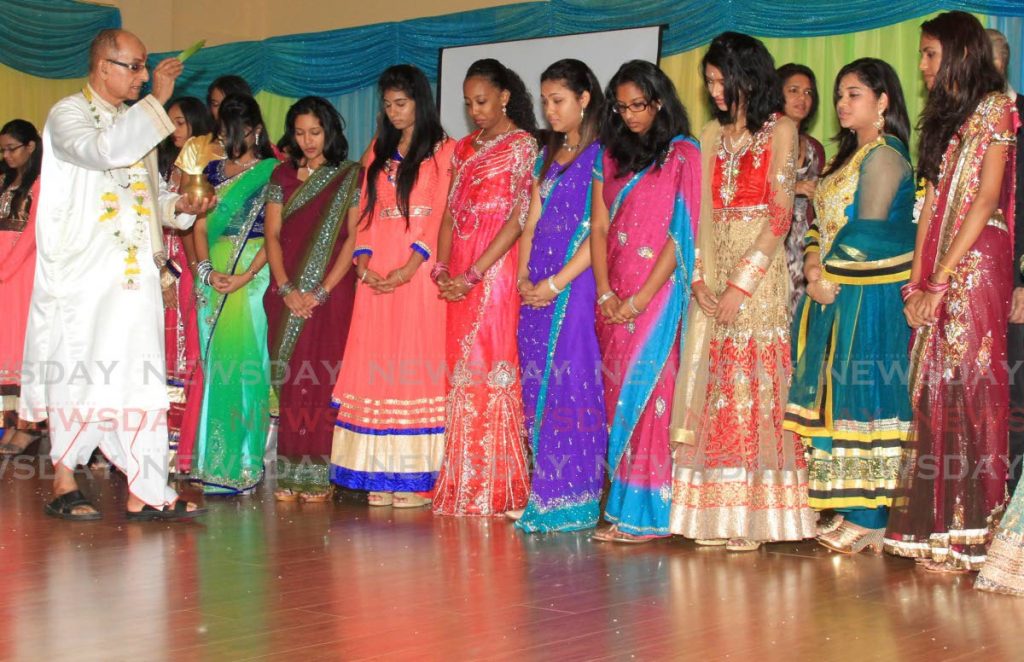Secondary schools boards say scholarships slash too harsh

SEVERAL education stakeholders have described Government’s immediate decision to slash annual national scholarships from 400 to 100 – a 75 per cent cut – as harsh.
Secretary General of the Sanatan Dharma Maha Sabha (SDMS) Vijay Maharaj said while he expected some level of reduction, he said the deep slash into the amount of annual scholarships is a cause for concern.
“We anticipated some kind of cutting as it was thrown into the spotlight since the reading of the budget. But nothing so extreme,” Maharaj said.
“Look at Lakshmi Girls Hindu College for example, this school is awarded an average of 32 schols a year. With only 100 overall for the entire country, what is their scenario? What is the future of tertiary education?” Lakshmi Girls, which is run by the Maha Sabha’s Education Board, has the distinction of producing the President’s Medal winner for five consecutive years including the last one in 2019.
Expressing similar sentiments, head of the Secondary Schools Principals’ Association, Ronald Mootoo, said he is worried that the move, which he described as short-sighted, would contribute to crime, corruption and nepotism.
“(The ministry) could be taking this on a purely economic basis but that is not a good move. If there is no investment in education, our investment in construction of prisons may have to increase,” Mootoo warned.
Noting that most students come from the middle to lower class income classes, Mootoo feared limiting scholarships would discourage students from striving for the scholarships.
“If our brightest students find their way into foreign colleges they may not return. It is a short-sighted measure and it needs to be reviewed. An investment in education is an investment in TT.”
Catholic Education Board CEO Sharon Mangroo, while taking the announcement in stride, said she was disappointed to see there are still no scholarships for technical vocational subjects. Still, Mangroo said the situation was bad all around the world.
She said those students who were hoping to have open scholarships may still be disappointed, as there are still restrictions on travel and entering other countries. She suggested that the limiting of the numbers for now could lead to a reorganising of the scholarship system later.
“We have to re-look at how funds are spent. We have to look at the country and see if the scholarships we are giving would contribute to the country. We have to ask ourselves how does everything we do in education contribute to meet those needs.”
The reduction of scholarships overall also means a reduction of scholarships in each of the 10 categories in which scholarships are offered.
Presbyterian Education Board CEO Christian Dookoo, in joining other stakeholders in expressing surprise, said he is concerned that more students will be left behind.
“In our schools we mainly get scholarships in natural science. To me it would be a greater challenge and more competitive in areas that we usually excel.” Each education board is expected to meet next week to discuss this issue.


Comments
"Secondary schools boards say scholarships slash too harsh"